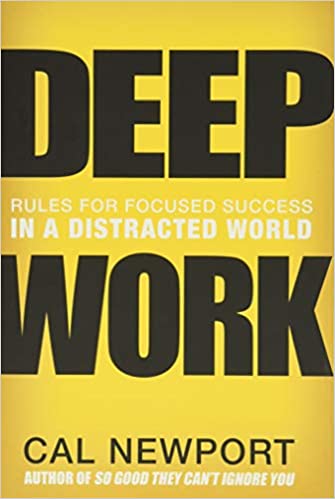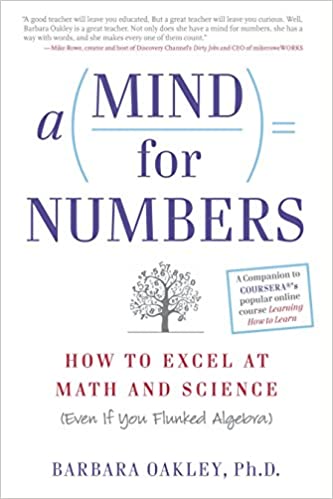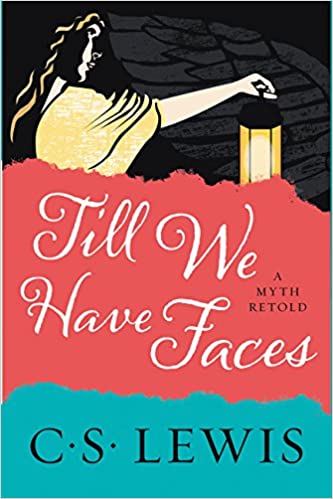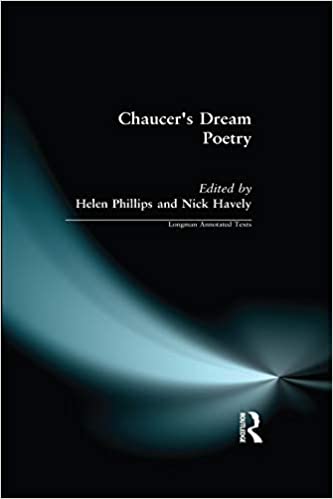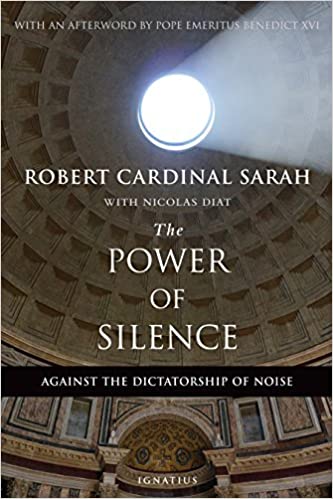Leisure: The Basis of Culture
One of the most important philosophy titles published in the twentieth century, Josef Pieper's Leisure, the Basis of Culture is more significant, even more crucial, today than it was when it first appeared more than fifty years ago. This edition also includes his work The Philosophical Act. Leisure is an attitude of the mind and a condition of the soul that fosters a capacity to perceive the reality of the world. Pieper shows that the Greeks and medieval Europeans, understood the great value and importance of leisure. He also points out that religion can be born only in leisure -- a leisure that allows time for the contemplation of the nature of God. Leisure has been, and always will be, the first foundation of any culture. Pieper maintains that our bourgeois world of total labor has vanquished leisure, and issues a startling warning: Unless we regain the art of silence and insight, the ability for non-activity, unless we substitute true leisure for our hectic amusements, we will destroy our culture -- and ourselves.
More info →The Liberal Arts Tradition: A Philosophy of Christian Classical Education (Revised Edition)
The Liberal Arts Tradition: A Philosophy of Christian Classical Education introduces readers to a paradigm for understanding a classical education that transcends the familiar 3-stage pattern of grammar, logic, and rhetoric. Instead, this book describes the liberal arts as a central part of a larger and more robust paradigm of classical education that should consist of piety, gymnastic, music, liberal arts, philosophy, and theology. The Liberal Arts Tradition also recovers the means by which classical educators developed more than just intellectual virtue (by means of the 7 liberal arts) but holistically cultivated the mind, body, will, and affections. This is a must-read for educators who want to take a second big step toward recovering the tradition of classical education.
More info →Deep Work: Rules for Focused Success in a Distracted World
Deep work is the ability to focus without distraction on a cognitively demanding task. It's a skill that allows you to quickly master complicated information and produce better results in less time. Deep work will make you better at what you do and provide the sense of true fulfillment that comes from craftsmanship. In short, deep work is like a super power in our increasingly competitive twenty-first century economy. And yet, most people have lost the ability to go deep-spending their days instead in a frantic blur of e-mail and social media, not even realizing there's a better way.
In DEEP WORK, author and professor Cal Newport flips the narrative on impact in a connected age. Instead of arguing distraction is bad, he instead celebrates the power of its opposite. Dividing this book into two parts, he first makes the case that in almost any profession, cultivating a deep work ethic will produce massive benefits. He then presents a rigorous training regimen, presented as a series of four "rules," for transforming your mind and habits to support this skill.
A mix of cultural criticism and actionable advice, DEEP WORK takes the reader on a journey through memorable stories -- from Carl Jung building a stone tower in the woods to focus his mind, to a social media pioneer buying a round-trip business class ticket to Tokyo to write a book free from distraction in the air -- and no-nonsense advice, such as the claim that most serious professionals should quit social media and that you should practice being bored. DEEP WORK is an indispensable guide to anyone seeking focused success in a distracted world.
Till We Have Faces
C. S. Lewis—the great British writer, scholar, lay theologian, broadcaster, Christian apologist, and bestselling author of Mere Christianity, The Screwtape Letters, The Great Divorce, The Chronicles of Narnia, and many other beloved classics—brilliantly reimagines the story of Cupid and Psyche. Told from the viewpoint of Psyche’s sister, Orual, Till We Have Faces is a brilliant examination of envy, betrayal, loss, blame, grief, guilt, and conversion. In this, his final—and most mature and masterful—novel, Lewis reminds us of our own fallibility and the role of a higher power in our lives.
More info →Chaucer’s Dream Poetry
Dream literature is regarded as one of the most important genres in medieval literature and is widely studied. This text provides a succinct and clear introduction to the five central poems that comprise Chaucer's Dream Poetry, and shows his role as a leading adapter of European Literary tradition into English Literature.
The poems discussed are The Book of the Duchess, The Legend of Good Women, The Legend of Dido, The Parliament of Fowls and The House of Fame. Each have an introduction setting the poem within the context of Dream Poetry and Chaucer's own work. Appendices of proper names, pronunciation and criticism are also given.
This volume is unique is presenting the poems together in an editorial and critical framework. The quality of annotation is unrivalled and will make this text a major addition to the literature suitable for those interested in the genre, literary, or more general history of the period.
More info →The Power of Silence
Now with a new afterword by Pope emeritus Benedict XVI!
In a time when there is more and more noise, and technology and materialism continue to exert their hold on us, Cardinal Robert Sarah presents a bold book about the strength of silence. The world generates so much noise that seeking moments of silence only becomes more necessary. For Cardinal Sarah, modern man, in repressing the divine, finds himself in a deep dilemma, an oppressive and anguishing trial. The Cardinal recalls that life is a silent relationship between what is most intimate in man and God. Silence is indispensable for hearing the music of God: prayer arises from silence and returns to silence with ever greater depth.
In this long and profound conversation with Nicolas Diat, done within the hallowed walls of silence in the famous Carthusian monastery of La Grande Chartreux in France, the Cardinal proposes the question: can those who do not know silence ever attain truth, beauty, love? The response is undeniable: all that is great and creative is formed by silence. God is silence.
After the great international success of God or Nothing, translated into fourteen languages, Cardinal Sarah seeks to restore to silence its place of honor and importance. "Although speech characterizes man, silence is what defines him, because speech acquires sense only in terms of this silence." This is the beautiful and significant message of The Power of Silence.
In this book, Cardinal Sarah has only one aim, which is summed up in this thought from his book: "Silence is difficult but it makes a human being able to allow himself to be led by God. Silence is born of silence. Through God the silent one we can gain access to silence. And a human being is unceasingly surprised by the light that bursts forth then. Silence is more important than any other human work. For it expresses God. The true revolution comes from silence; it leads us toward God and others so as to place ourselves humbly and generously at their service."
More info →


